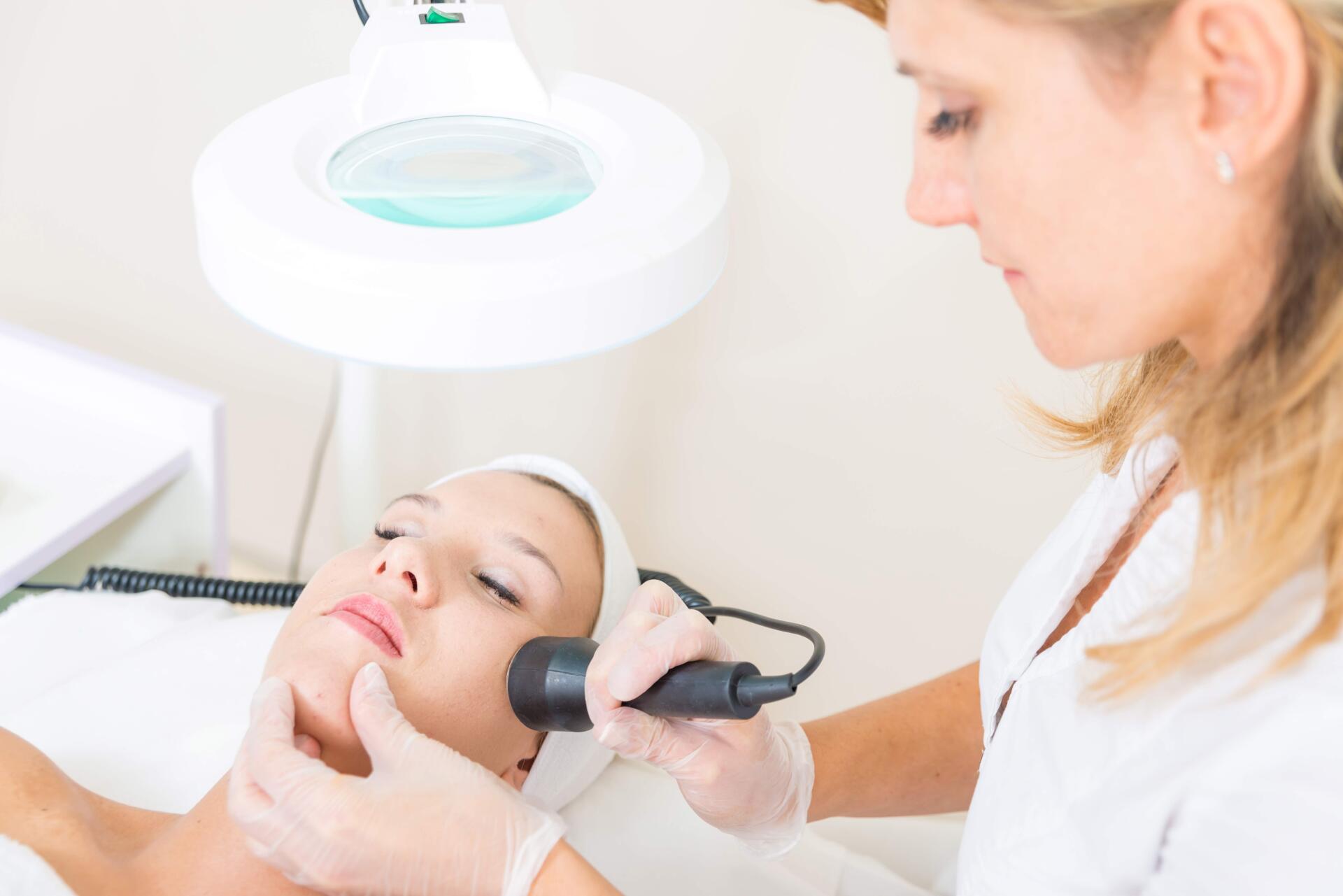Serving Northern Michigan
Questions and Answers About Skin Cancer Surgery
If you have developed skin cancer, you have a lot of company. According to the Skin Cancer Foundation, an estimated one in five Americans will experience some form of skin cancer by the time they turn 70, with at least 9,500 new cases diagnosed each day. Fortunately, surgery can remove these troublesome abnormalities.
You'll feel more self-assured in your skin cancer treatment journey once you know some key facts about how surgery can address the problem, what types of surgery you might consider, what to expect from the surgery itself, and how to recover as successfully as possible. Start by studying these questions and answers.
1. How Does Surgery Resolve Skin Cancer?
Skin cancers tend to start on the topmost layers of your skin. Many of them remain on this superficial level without invading deeper layers of tissue or other parts of the body, while others may spread. Surgery to remove the cancerous cells can often eliminate your health risk, leaving only a tiny risk for recurrence.
2. What Types of Surgery Can Remove Skin Cancer?
Different surgical techniques may prove especially helpful for particular types and sizes of skin cancers. Your surgeon will discuss the available options with you so you can make the most sensible and effective choice for your needs. Typical options include excisions, curettage and electrodesiccation, and Mohs surgery.
Excision surgery, the most invasive form of skin cancer surgery, also allows for the removal of cancer cells at deeper tissue levels. After injecting the treatment site with a local anesthetic, the surgeon simply cuts out the cancerous tissue and closes the incision with sutures.
Curettage and electrodesiccation removes only a shallow amount of tissue, making it a good choice for surface-level skin cancers. After an elongated, scoop-like tool removes the lesion, an electrode removes any additional cancerous cells around the edges of the wound. This procedure, like excision, typically leaves a noticeable scar.
Mohs surgery resembles curettage and electrodesiccation as a minimally invasive skin cancer surgery. However, in Mohs surgery the surgeon shaves the tissue away in increments, checking each layer under a microscope until no cancerous cells remain. This extra safeguard makes sense for cancers more likely to recur.
3. What Can You Expect From Skin Cancer Surgery?
You shouldn't feel any pain during your skin cancer surgery, thanks to the lidocaine in your pre-procedural local anesthetic. The actual removal of the cancerous lesion will take only a few minutes. However, if you undergo Mohs surgery, the surgeon's need to keep examining the cells can make the procedure take considerably longer.
If your surgery involves the removal of an especially large lesion, your surgeon might not have the option of simply suturing the wound's edges together. In that case, you might need to have some additional skin removed from another part of your body and grafted into the incision area. Even so, you can usually go home the same day.
4. How Can You Support Your Healthy Recovery From Skin Cancer Surgery?
Your surgeon will most likely cover the surgery site with a sterile bandage and instruct you on how to change the bandage regularly. Do everything you can to keep the incision or wound as clean as possible. Don't stretch or twist that area of your skin during the healing process.
Don't feel too alarmed if you see a bit of bleeding, swelling, or redness immediately following your surgery. If these symptoms get worse or fail to subside on their own, schedule a follow-up appointment to see if you might need additional treatment.
Sometimes a surgeon will temporarily close a large or complicated wound with the intention of performing reconstructive surgery at a later date. Ask your surgeon whether you should include this second procedure in your overall treatment timeline, or whether cosmetic procedures can minimize your scar tissue.
Ronald C. Barry, MD, can perform skin cancer removal surgery as well as reconstructive and cosmetic procedures to help you maintain healthy, attractive skin for years to come.
Contact our office to schedule an appointment and discuss your condition with us.
CONTACT/LOCATION
Ronald C. Barry MD, FACS
Petoskey Surgeons, PC
Address: 521 Monroe St, Petoskey, MI 49770
Phone: 231-487-1900
Fax: 231-348-0984
Office Hours
Monday–Friday: 8:30 a.m.–5 p.m.
PAYMENT OPTIONS
Care Credit
McLaren
ASR
BLUE CARE NETWORK
BLUE CROSS BLUE SHIELD
HUMANA
MEDICARE
MEDICARE PLUS BLUE
PRIORITY HEALTH
TRI CARE




